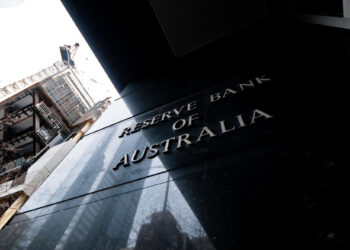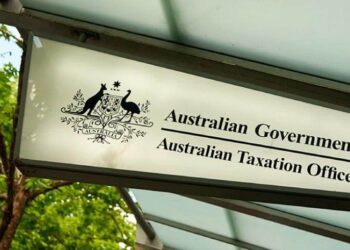The cost of running self-managed superannuation funds (SMSFs) has become more competitive over the past seven years, because of the increasing cost of industry funds.
That is one of the bottom line findings of new research conducted for the SMSF Association by Rice Warner which found that reductions in fees for SMSFs and retail funds and the increase in fees for industry funds had changed the relative competitiveness of SMSFs in comparison to larger funds regulated by the Australian Prudential Regulation Authority (APRA).
The Rice Warner analysis said that it was also clear that fees considerably lower than those on pricing schedules were being charged to some SMSFs which meant that they were competitive even at small sizes.
However, when comparing the fees of SMSF services providers with the fees of industry and retail funds, SMSFs with less than $100,000 were not competitive in comparison to APRA-regulated funds and that SMSFs with less than $50,000 were more expensive than the alternatives.
The research pointed out that SMSFs with between $50,000 and $100,000 would only be appropriate if they were expected to grow to a competitive size within a reasonable time and were competitive if the trustees used one of the cheaper service providers or undertook some of the administration themselves.
The bottom line of the analysis was that SMSFs with balances of $200,000 or more provided equivalent value to industry and retail funds at all levels of administration, with SMSFs with balances of over $500,000 or more representing a cheaper alternative.




